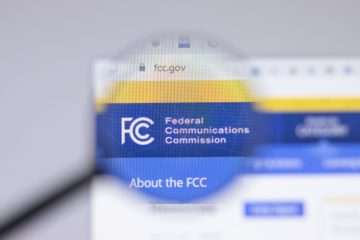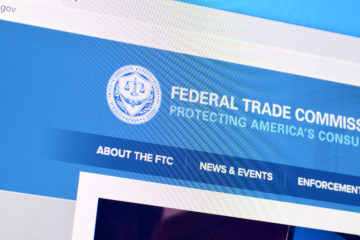In 2023, Taylor Swift’s concert tour saw overwhelming demand, with fans willing to pay over $1,000 for tickets. Market Institute Senior Fellow John Tamny explores Swift’s ingenious solution to this high-demand problem: she filmed her closing shows at SoFi Stadium and had the concert film, “Eras Tour,” screened in theaters. Swift’s conditions for these screenings, limited to nighttime showings on Thursdays through Saturdays, aimed to replicate the live concert experience. This story offers valuable insights into how dominant players like Swift and Amazon adapt to evolving markets, emphasizing the importance of letting them thrive rather than imposing restrictions.
Tamny writes:
“As is very well known, in 2023 Taylor Swift embarked on a concert tour that filled stadiums across the U.S. Fascinating about the tour is that while she played multiple nights in sold out stadiums in each city visited, Swift could have easily doubled the number of shows in each city while still selling every ticket. Readers know this to be true given the countless fans who “attended” Swift’s concerts from outside the stadiums in which she performed. Demand on the open market for tickets had pushed them up to the $1,000+ price point, which meant many dedicated fans were priced out.
Seeking to mitigate the high-class problem of limited ticket supply, Swift proceeded to film her closing shows at Los Angeles’s SoFi Stadium. The concert film of Swift’s “Eras Tour” is now playing at movie theaters. Except that there’s more to the story.
Swift wasn’t going to just allow theaters to show her concert. There would be conditions. The theaters would only be allowed to play the concert film at night. And only Thursday through Saturday night. The mood of nights, and weekend nights in particular, would help simulate the experience of a Swift concert. The latter would also help Swift and her team avoid the proverbial Monday or Tuesday “matinee,” which would logically weigh on attendance. An empty showing of “Eras” would be bad for the Swift brand. And there’s more.
Atmosphere. While national chain Alamo Drafthouse has specific rules about noise in theaters for the typical movie, those would be relaxed for Swift. So would they be relaxed by other theater chains. Ever eager to once again simulate as much as possible the feel of a Swift concert, attendees to the film version would get to talk, sing, dance, etc. Swift would not allow movie-theatre norms to get in the way of her brand, which is something to think about with regard to Lina Khan and the FTC’s attempts to suffocate Amazon in lawsuits.
On its face, it’s worth asking what Swift’s “market share” is for concert-ticket revenue. Here it’s worth stressing that stadium acts are on their own incredibly rare, after which Swift is far and away the greatest draw among stadium acts. Considering the billion+ revenues she’s enjoying in the present, it’s no reach to suggest that Swift’s share of concert revenue/tickets sold exceeds the 38% share that Amazon has of online sales, and that has Khan and friends so worked up.
Importantly, Swift’s star wasn’t always this high. Does anyone remember Kanye West humiliating a still on-the-way up Swift at the 2009 MTV Video Music Awards? He couldn’t do that today, nor would he. It’s a reminder to Khan et al that the team picture at the top of every industry is ever-changing, and it’s ever-changing precisely because the rewards for success are so great. Put another way, if Khan fears Amazon’s dominance then the only “solution” to it is for the FTC to get out of the way and let Amazon prosper.
Khan & Co. are also taking Amazon to court because, according to a report in the Wall Street Journal, third party “sellers on Amazon were compelled to use its logistics service if they want their goods to appear in Amazon Prime.” Please see Swift’s demands of movie theaters in trying to understand Amazon’s adamance.”


